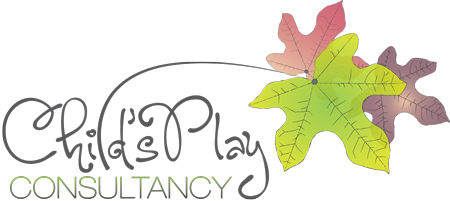How is Your Child’s Language Development?
Many young children today are well behind in language development compared to what is expected. This is very alarming and it will have a negative impact on their formal learning.
 We all need to communicate our needs and interests. This is particularly important for children who are developing at a very rapid rate in the first 5 years of life. We all have an important role in helping young children lay solid language foundations for future learning. The ability to clearly communicate ideas and thoughts is a vital part of learning for young children and later in formal schooling. Parents need to help children practice communicating from the earliest days. It is an important subject for all, from the Big Day Out Peepo Room infants right through to our Animalia Group After School Care children who need these skills each day at school.
We all need to communicate our needs and interests. This is particularly important for children who are developing at a very rapid rate in the first 5 years of life. We all have an important role in helping young children lay solid language foundations for future learning. The ability to clearly communicate ideas and thoughts is a vital part of learning for young children and later in formal schooling. Parents need to help children practice communicating from the earliest days. It is an important subject for all, from the Big Day Out Peepo Room infants right through to our Animalia Group After School Care children who need these skills each day at school.
Developing of children’s language is a complex matter and takes consistent effort and considerable time. All parents should prioritise time for this. There are many influences on language learning, none more so than how much parents converse with children every day—even from the beginning. The importance of this cannot be overstated.
Language development also has a large impact on behaviour. Children who can express themselves clearly have less need to be forceful or feel frustrated which leads to pushing, biting or other undesirable
behaviours.
As infants and children listen to their parents, they hear and learn about the rhythms and many forms of the spoken word and how to express themselves.
The more children hear this, and participate in two way conversations, the more natural and rapid language development will be. How is your child going with this? As an example, Toddler age children should be speaking clearly enough to be understood and putting 4-5 word sentences together. Children older than that should be holding clear, sustained conversations with adults and other children on a regular basis. Is your child doing this?
How can you help your child?
• Read stories with them every day—as many as you can and enjoy the story, ask questions about the pictures, how might the story end, do crazy voices, make up stories and sing songs, quote rhymes or poems and whatever else takes your fancy. Be creative and enjoy this fun time together—this is a bonding time when many important connections are made between parent and child. This is also true of bed time story routines, although the stories might need to be a little tamer then.
• Have extended conversations— even with babies. Talk about what you are doing and what happens next. Point out what you see as you drive around so they can see words and letters on signs and buildings. Give them a sense of how words contribute to daily activity and life in the community.
• Take time to listen to their responses and assist when they need it—let them try saying the words first and encourage their efforts, then respond using the word clearly for them to hear it pronounced the correct way and in the right sentence structure as an example.
• Reduce the number of electronic devices in their lives—they need to learn the basics of communication and language first.
The best advice is to make time to READ & TALK TOGETHER.
